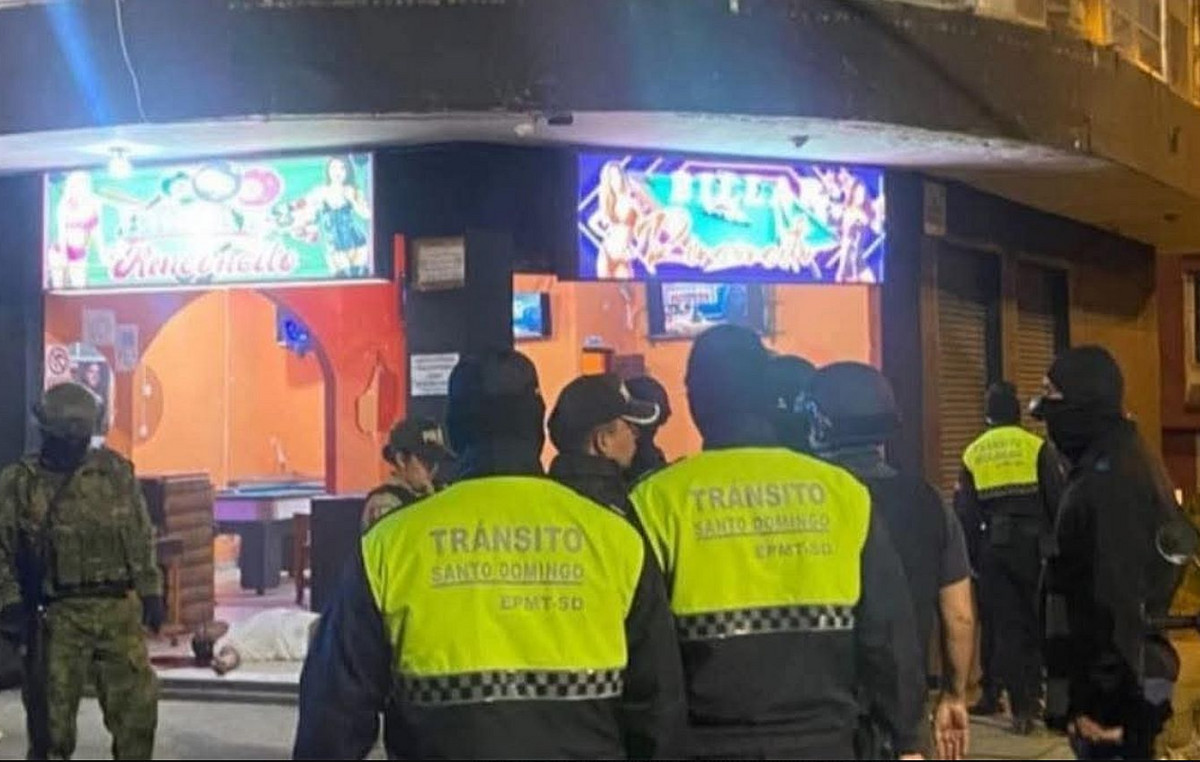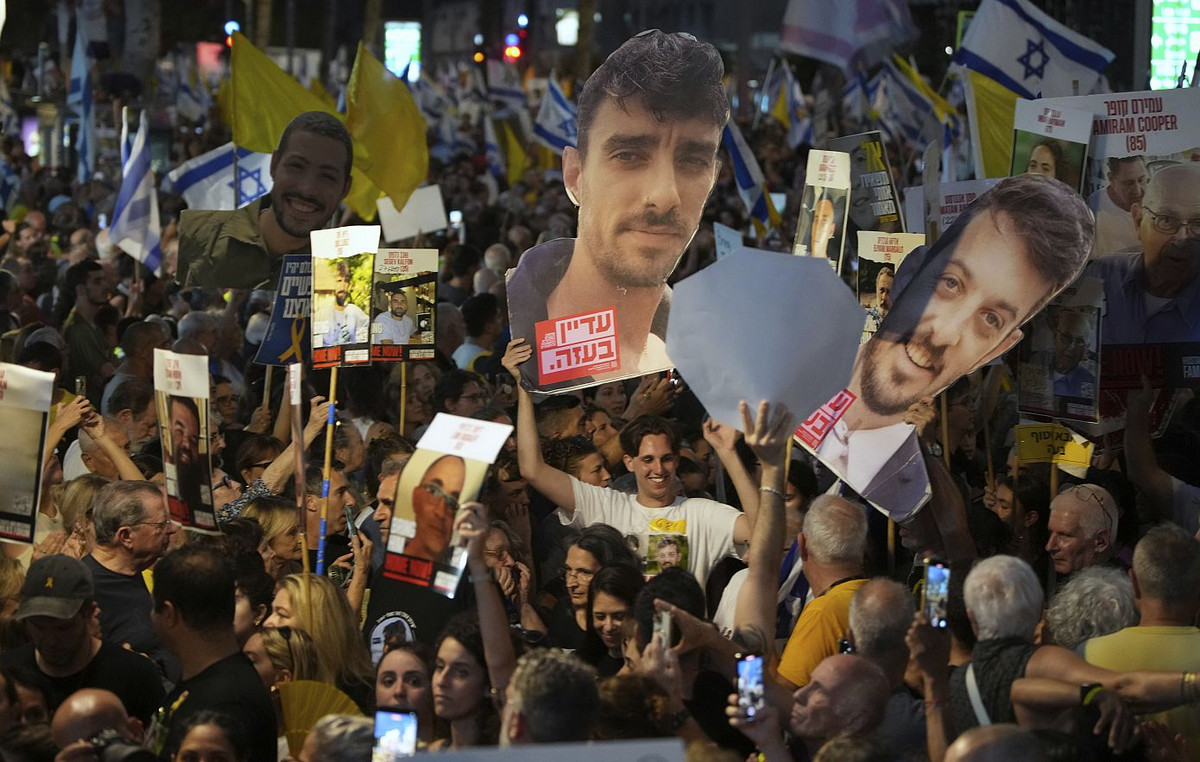Iceland's latest volcanic eruption eased on Friday but left a trail of damage to roads and pipes, cutting off hot water supplies to parts of the Reykjanes peninsula amid freezing temperatures.
The eruption began on Thursday, spewing lava 80 meters into the air from a 3km crack in the earth, but on Friday there was only smoke and steam coming from a few vents.
“Although the eruption has subsided significantly, it is still too early to say that it is ending,” the Icelandic Meteorological Office said in a statement.
About 15 million cubic meters of molten rock flowed out of the ground in the first seven hours of the eruption, according to an office estimate on Friday.
This was the third eruption in the area, south of the capital Reykjavik, since December.
Schools, daycare centers, museums and other public institutions in the region were closed this Friday, as lava reached pipes used to supply geothermal hot water.
“It is a very bad situation to have this area without hot water, but there is electricity, there is drinking water and we hope to have hot water by noon (this Friday),” Prime Minister Katrin Jakobsdottir told public broadcaster RUV.
The temperature in the area is -8ºC this Friday.
Satellite images published by the meteorological office showed that the lava flows reached about 4.5 km west of the eruption, just 500 meters from the Blue Lagoon — a luxury geothermal spa — which was emptied on Thursday and remained closed.
(By Stine Jacobsen)
Source: CNN Brasil
Bruce Belcher is a seasoned author with over 5 years of experience in world news. He writes for online news websites and provides in-depth analysis on the world stock market. Bruce is known for his insightful perspectives and commitment to keeping the public informed.







